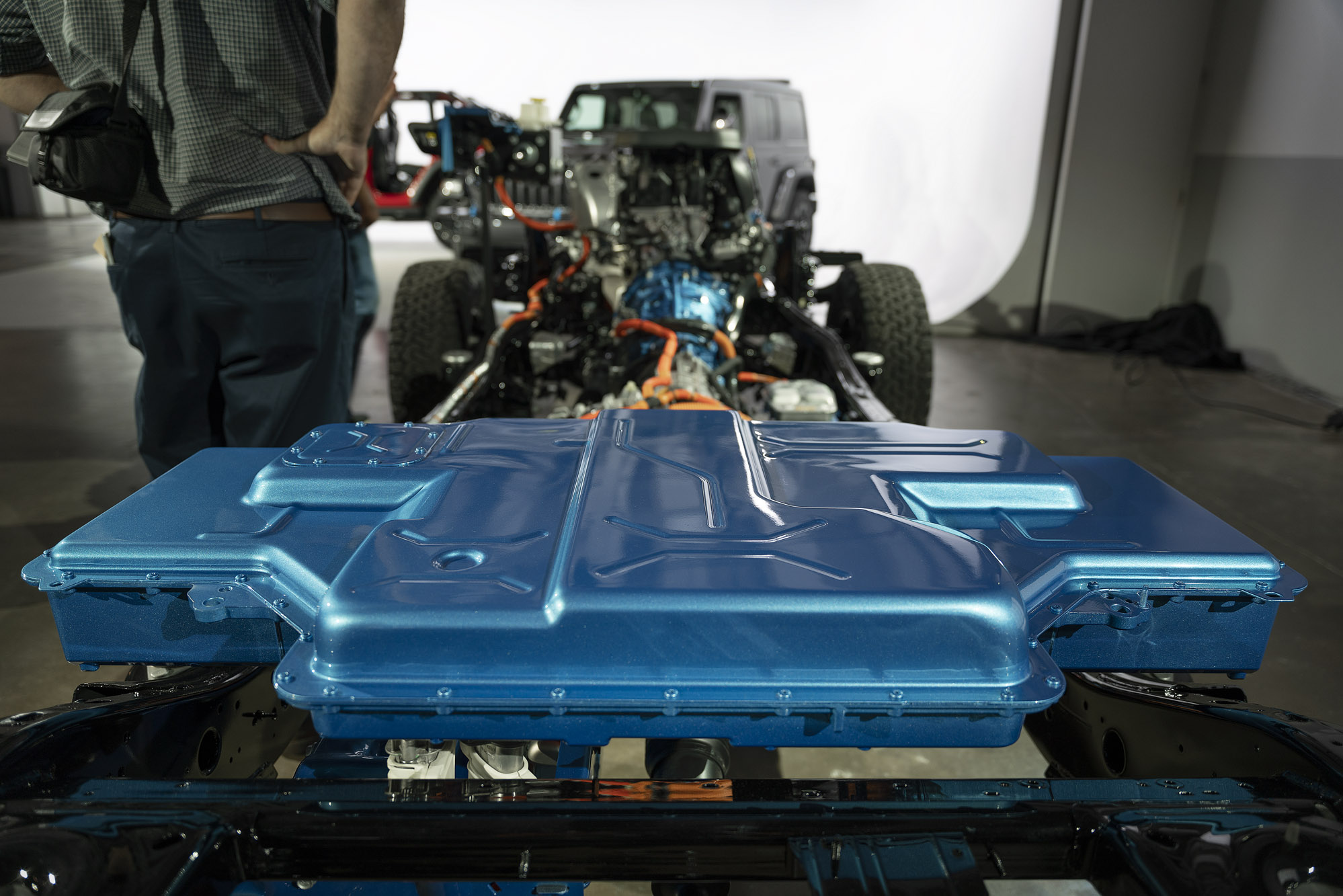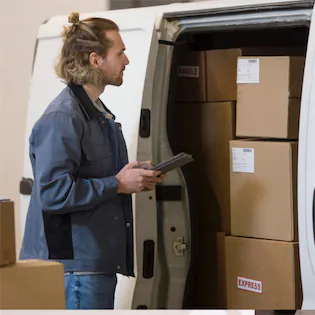Exploring Lemon Law Protections for Used Cars in California
In the world of automotive consumer protection, the California Lemon Law stands as a beacon of hope for consumers who find themselves stuck with a defective vehicle. Enacted to safeguard consumers from the financial burdens and safety risks associated with purchasing faulty vehicles, the California Lemon Law provides remedies for individuals who unknowingly purchase or lease a “lemon.” While many are familiar with its application to new vehicles, the extent of its protections for used cars is often overlooked.
The California Lemon Law, officially known as the Song-Beverly Consumer Warranty Act, is a state law designed to protect consumers who purchase or lease defective vehicles. Under this law, if a vehicle experiences significant defects or issues that substantially impair its use, value, or safety, and the manufacturer or dealership is unable to repair it after a reasonable number of attempts, the consumer may be entitled to remedies such as a replacement vehicle or a refund of the purchase price.
While the California Lemon Law is commonly associated with new vehicles, its protections also extend to used cars under certain conditions. This aspect of the law is often overlooked, leaving consumers unaware of their rights when purchasing a used vehicle. Whether purchased from a dealership or a private seller, used cars in California are covered by lemon law protections if they meet the criteria outlined in the law. Understanding the lemon law protections for used cars is essential for consumers navigating the complexities of the used car market.
Understanding Lemon Law Protections for Used Cars
In the context of used cars, a lemon vehicle refers to a vehicle with significant defects or issues that substantially impair its use, value, or safety. These defects may arise despite attempts by the seller or manufacturer to repair them. While used cars may not experience the same issues as brand-new vehicles, they can still suffer from defects that render them unreliable or unsafe.
The California Lemon Law extends protections to both new and used vehicles, provided they are covered by an active warranty. This means that consumers who purchase or lease a used vehicle with remaining warranty coverage may be entitled to seek resolution for defects under the law. Whether purchased from a dealership or a private seller, used cars in California are subject to lemon law protections if they meet the criteria outlined in the law.
Consumers of used cars in California have similar rights and protections under the lemon law as those purchasing new vehicles. If a used car experiences significant defects that substantially impair its use, value, or safety, and the manufacturer or dealership is unable to repair it after a reasonable number of attempts, the consumer may be entitled to remedies such as a replacement vehicle or a refund of the purchase price. Additionally, consumers have the right to pursue resolution through arbitration or legal action if necessary.
Qualifying Criteria for Lemon Law Protections
Criteria for Determining if a Used Car is a Lemon
Significant Defects: To qualify as a lemon, a used car must have significant defects or issues that substantially impair its use, value, or safety. These defects may manifest in various components or systems of the vehicle and can include mechanical, electrical, or safety-related problems.
Number of Repair Attempts: The California Lemon Law typically requires a reasonable number of repair attempts to address the defects in the vehicle. If the manufacturer or dealership is unable to repair the defects after a reasonable number of attempts, the vehicle may qualify as a lemon.
Cumulative Days Out of Service: Alternatively, if the vehicle has been out of service for a cumulative period of days within a specified timeframe due to repair attempts, it may also qualify as a lemon. This provision recognizes that prolonged downtime can substantially impact the consumer’s ability to use and enjoy their vehicle.
Thresholds for Significant Defects Affecting Use, Value, or Safety
Significant defects affecting use, value, or safety are those that substantially impair the functionality, reliability, or safety of the vehicle. These may include issues such as:
– Persistent engine or transmission problems that affect the vehicle’s drivability.
– Electrical failures that result in malfunctioning lights, non-responsive controls, or safety system malfunctions.
– Safety-related defects such as braking or steering issues that pose serious risks to the driver, passengers, or other road users.
Documentation and Record-Keeping Requirements
To pursue lemon law protections for a used car, consumers must maintain detailed documentation and records of the defects and repair attempts. This documentation serves as crucial evidence to support the lemon law claim and may include:
– Repair invoices and service records documenting the nature of the defects and repair attempts.
– Written correspondence with the manufacturer or dealership regarding the issues with the vehicle.
– Any communications or notices sent to the manufacturer or dealership notifying them of the defects and requesting resolution.
Steps to Take if You Suspect Your Used Car is a Lemon
Notifying the Manufacturer or Dealership of the Issues
As soon as you encounter significant defects or issues with your used car, notify the manufacturer or dealership in writing. Provide detailed information about the nature of the defects, the repair attempts made, and the impact on the vehicle’s use, value, or safety. Keep copies of all correspondence for your records.
Pursuing Resolution Options
After notifying the manufacturer or dealership of the issues, work with them to pursue resolution options. This may involve additional repair attempts to address the defects, replacement of the vehicle with a comparable model, or a refund of the purchase price. Be sure to adhere to any procedures outlined by the manufacturer or dealership for seeking resolution.
Understanding Arbitration and Legal Action Options
If the manufacturer or dealership is unable to resolve the issues satisfactorily, you may consider pursuing arbitration or legal action. Many manufacturers offer arbitration programs as a means of resolving disputes outside of court. Arbitration provides a forum for both parties to present their case to a neutral third party who can facilitate a resolution. Alternatively, you may choose to pursue legal action through the court system with the assistance of a lemon law attorney.
Documenting All Communication and Repair Attempts
Throughout the process, maintain thorough documentation of all communication with the manufacturer or dealership, as well as any repair attempts made on the vehicle. Keep copies of repair invoices, service records, written correspondence, and any other relevant documents. This documentation will serve as crucial evidence to support your lemon law claim if further action is necessary.
Seeking Legal Assistance if Needed
If you encounter challenges or feel overwhelmed by the process, don’t hesitate to seek legal advice and assistance from a qualified lemon law attorney. An attorney can provide guidance, advocate on your behalf, and navigate the legal complexities of the lemon law process. Legal representation can help ensure that your rights are protected and that you receive fair compensation for your defective used car.
Common Misconceptions About Lemon Law Protections for Used Cars
Limited Warranty Coverage
Many consumers believe that used cars are not covered by warranties, making them ineligible for lemon law protections. While used cars may not have the same warranty coverage as new cars, they are still covered by lemon law protections if they are sold with an active warranty. This includes warranties provided by the manufacturer or extended warranties purchased from the dealership.
Eligibility Requirements
Some consumers believe that only certain types of defects or issues qualify a used car as a lemon. The California Lemon Law does not specify the types of defects that qualify a vehicle as a lemon. Instead, it focuses on significant defects that substantially impair the use, value, or safety of the vehicle. Any defect that meets these criteria may warrant lemon law protections, regardless of its nature.
Age or Mileage Restrictions
There is a misconception that used cars must be of a certain age or mileage to qualify as lemons. The California Lemon Law does not impose age or mileage restrictions on vehicles eligible for lemon law protections. As long as the vehicle is covered by an active warranty and experiences significant defects within the warranty period, it may qualify as a lemon.
Repairs Must be Made by the Manufacturer
Some consumers believe that repairs must be made by the manufacturer to qualify for lemon law protections. While manufacturers are often involved in repair attempts for warranty-covered defects, repairs can also be made by authorized dealerships or repair facilities. As long as the repairs are made within the warranty period and the defects persist, the vehicle may still qualify as a lemon.
Lemon Law Protections Only Apply to Purchases from Dealerships
There is a misconception that lemon law protections only apply to used cars purchased from dealerships. Lemon law protections apply to all used cars sold with an active warranty, regardless of whether they were purchased from a dealership or a private seller. As long as the vehicle meets the criteria outlined in the law, consumers are entitled to seek resolution for defects under the lemon law.









